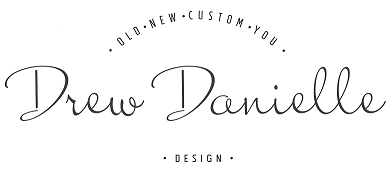Negative: Playing rough on the piano
Positive: Family Heirlooms
At my school, the staff played an
icebreaker where everyone wrote down something that no one knew about them.
Example: I dance ballet, I was a speech writer, I won the spelling bee, etc.
You have to find that person by going around the room and mingling. My little known fact was
“I restore furniture”. Shortly after my confession, a co-worker and mentor of
mine sent me a few pictures. It’s a family heirloom that was “gifted” to her
and it needed help stat. Scratches, gashes, and water stains.
How I made my positive:
When going about restoring this
piece, I learned some lessons along the way that I bet you’ve heard about. Let
me save you the time and effort.
3 Truths: I used 1. Old English and,
2. Stain pen to cover the little nicks and scratches. Lastly, 3. Sanding, wood
filler, more sanding, and stain completed the front panel. (I sanded by hand,
sanding with an orbital sander may damage your piano).
1. I
mostly just rubbed a walnut all over the wood and left a residue.
2. The
wood pen came out like a crayon. I felt like a kid drawing on the dinner table.
1 Trick: Denatured alcohol took
care of the water stain.
Before:
After:
What I love: This student can
continue to perform for many years to come.
What I would change: When using
stain indoors, keep your stain in another bucket. When staining outdoors or in
my garage a spill won’t matter, but indoors, things can get messy quickly.
Status: Not for Sale
What’s laying around in your
attic or basement? Were you recently "gifted" something and don't know where to begin? I challenge you to dust off grandma’s rocker and give it new
life.











No comments:
Post a Comment